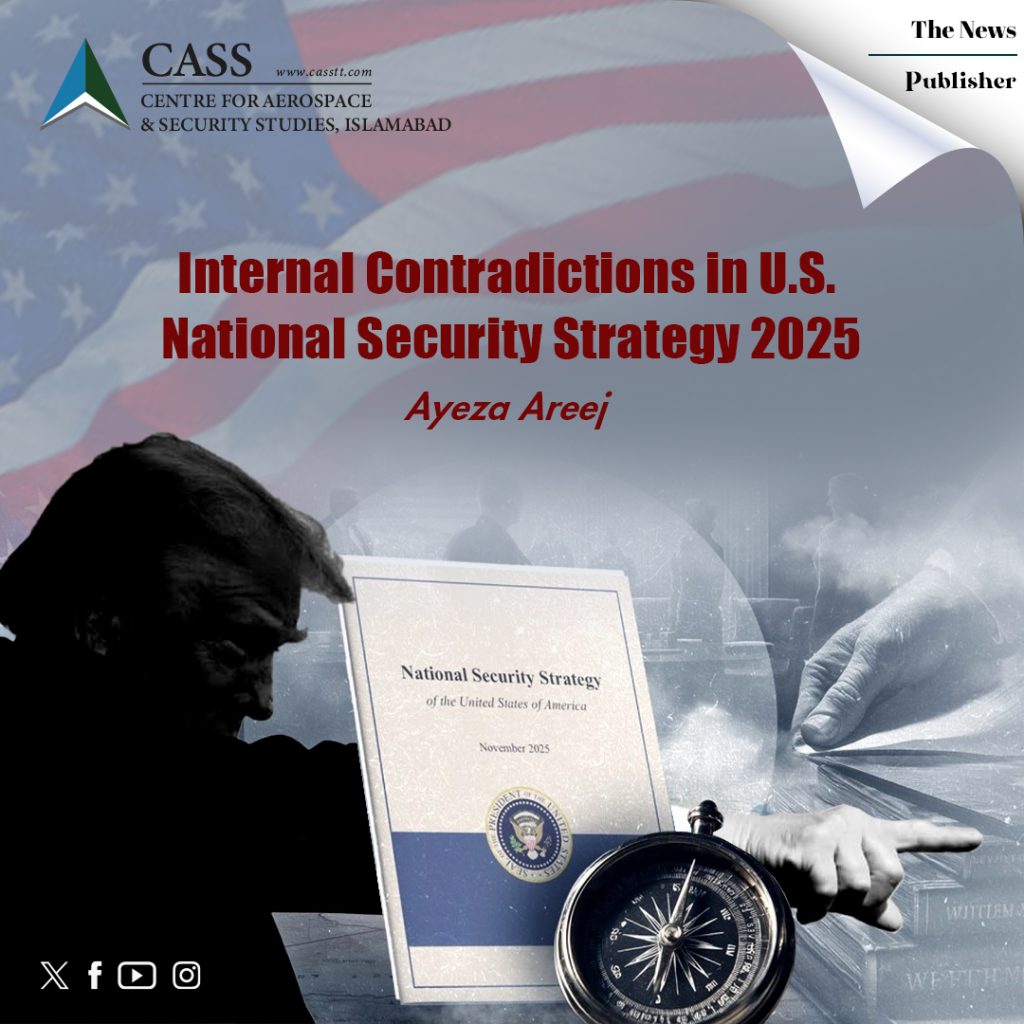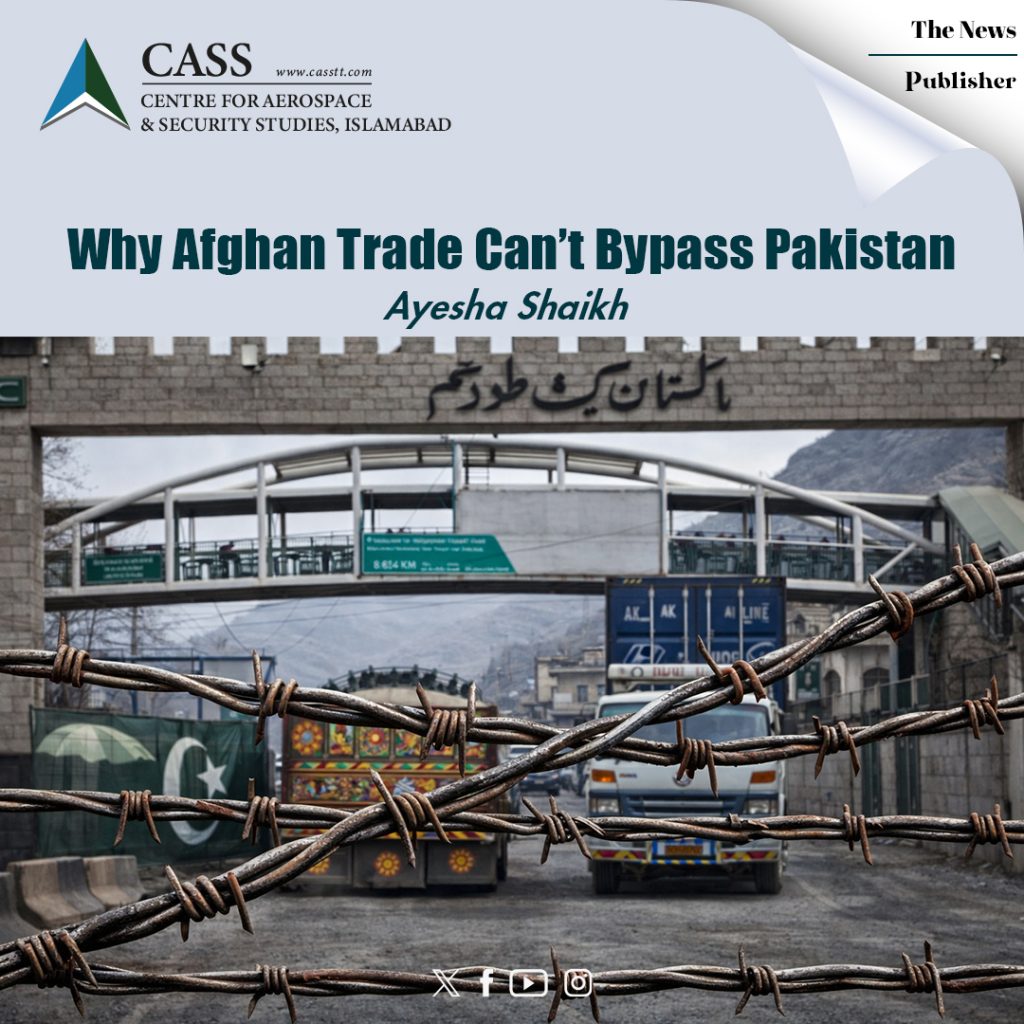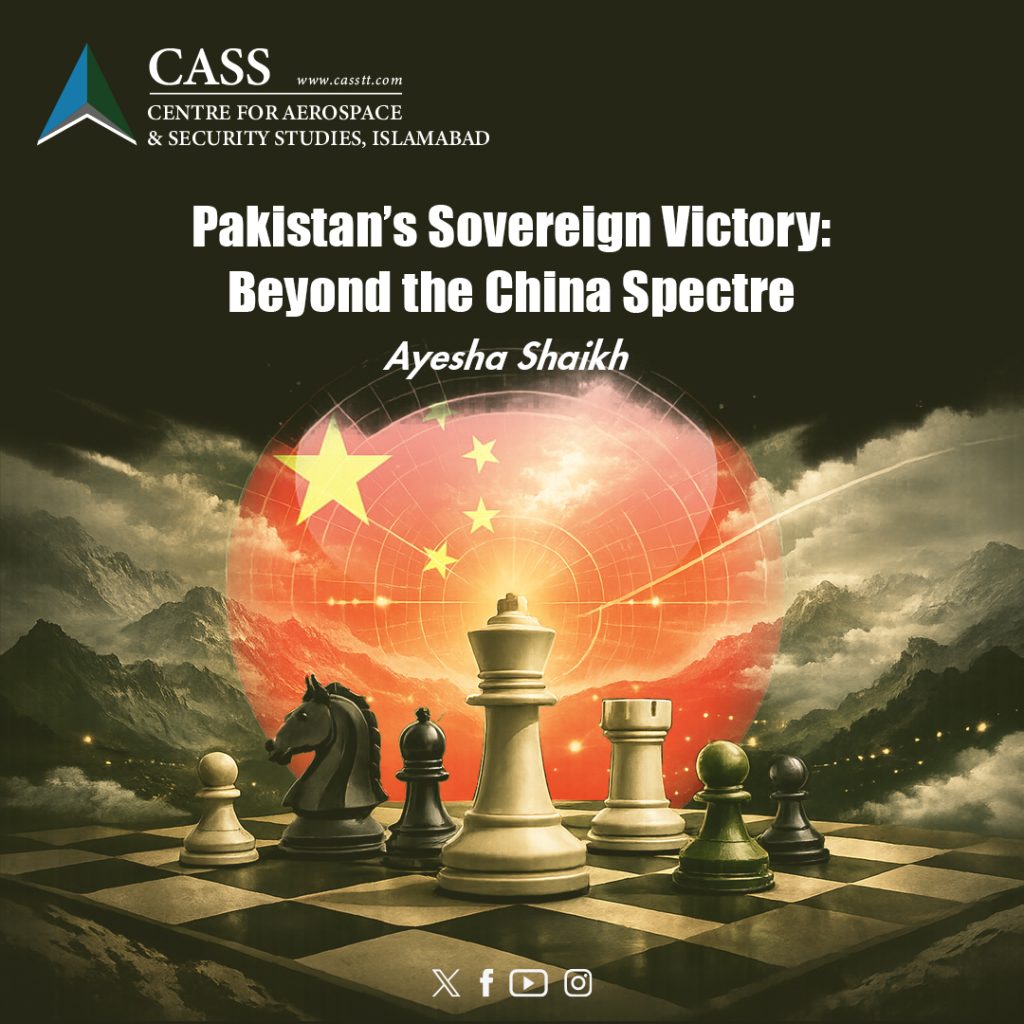Despite its glaring inconsistencies and extreme politicisation, the FATF has managed to deflect attention from its own partisan scheming as a tool for certain world capitals, and instead inflicted damage and consistent pressure on the Pakistani economy. Pakistan has been on the FATF’s grey list since 2018, and has taken the threat of FATF blacklisting very seriously. It has therefore worked towards changing many aspects of a largely informal and ad-hoc economic architecture by leading it towards better regularisation and oversight.
As part of that effort, the government has introduced legislation into parliament that seeks to tie loose ends in financial monitoring and provide greater transparency and oversight of financial activity in the country. It consists of three bills: anti-money laundering, companies act amendment and limited liability partnership amendment. This legislative effort has been met with considerable resistance by opposition parties, who refused to endorse what is known as the National Accountability Ordinance Amendment Bill, arguing that legislation must be more targeted and less sweeping by dealing with specific FATF considerations first and other agencies (such as the National Accountability Bureau [NAB]) later in a separate manner.
Although the political wrangling continues, Pakistan must submit its implementation report to the FATF on August 6th, and the government has argued that without the passing of the three bills, it would be much more difficult to exit the grey list. Pakistan has been compliant with 14 out the 27 main points stipulated by the FATF, but is required to demonstrate progress on the remaining 13 points. Much of the substance of these 13 points pertains to curbing terror financing, enforcement of the laws against proscribed organisations, and improving legal systems.
As such, the government’s premise in proposing three new bills is that the creation of tougher laws will help to appease the FATF, a politically-compromised and blatantly discriminatory agency. Yet looking at the history of anti-money laundering bills in Pakistan over the past 40 years would suggest that the laws have in fact always been very stringent. Some important laws and ordinances include: the National Accountability Ordinance (1999), the Anti-Money Laundering Ordinance (AMLO, 2007), Anti-Money Laundering Act (2010), and the even more stringent Anti-Money Laundering Amendment Act (2015). All of these ordinances and acts were robust in the letter, and a full implementation of their spirit would have created very rigorous financial oversight architecture in Pakistan. The problem was not in these laws per se, but rather in their half-hearted implementation over time. The same observation applies to the new bills: rigorous as they might be, the question will be in their implementation. That is, of course, as much a socio-economic and socio-political problem as it is a legalistic affair.
In a society where half the people are illiterate and the overwhelming majority does not pay any direct taxes, the fiscal architecture has no choice but to emerge in an ad-hoc and unsupervised manner. Elegant laws on the books simply do not connect with the informal nature of lives that trudge along through the messy drudgery that characterise the developing world.
At best, new laws on the books can win Pakistan some reprieve, but they cannot substitute for a regulatory regime that is consistently tough and proactively applied. Vested private interests can and will actively resist strong enforcement practices, not realising that the collective good is in a transparent and responsible financial system that is inclusive and accountable. Well-crafted laws will be no match for the pushback of private power. Furthermore, so long as the FATF remains a pawn in the hybrid warfare strategy of malicious foreign interests, there is an equal need to expose the faulty logic and shameless partisanship of the FATF itself.
The FATF has yet to explain why Afghanistan’s larger informal economy (in relative terms) and India’s larger informal economy (in absolute terms) do not earn them the sanctions of the FATF. Nor can the FATF justify why its original objective of limiting the illegal transfer of wealth from former-USSR republics to the West has not been stemmed but is rather increasing, as the Russian Laundromat scheme exposed. Similarly, if the FATF really cared about the scale of international money laundering, it would sanction New York, London, Delaware, and Frankfurt to the hilt.
Therefore, what requires emphasis today is the continuation of a two-pronged strategy which, on the one hand, works towards implementing proactive regulatory enforcement in our financial systems across the country; and on the other hand, deploys a clear plan to expose and alert the world (and our own public) to the duplicity of the FATF as a reckless sham masquerading as a financial “expert” body.
–The writer is the Director for Economics and National Affairs at the Centre for Aerospace and Security Studies (CASS). This article was first published in The Nation newspaper. He can be reached at [email protected]
Image Source: Economic Times





